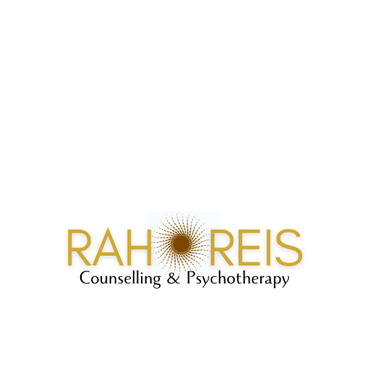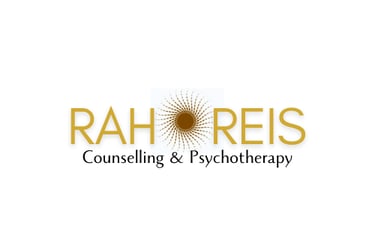Why I Am a Psychotherapist?
Many people who come to therapy are looking for relief.
Stress, anxiety, a breakup, a crisis at work and yes, therapy can help with all of that. But often, what lies beneath these symptoms remains untouched, where the deeper emotional and psychological layers silently shape our lives.
My own journey showed me how blending different methods from Cognitive Behavioural Therapy (CBT) to more experiential and existential approaches can transform therapy into something much more than coping.
It can become a path toward deeper healing and self-awareness.
I began therapy during my PhD in science. I was living in a new country, carrying the weight of academic pressure, professional uncertainty, and personal pain. Therapy helped me manage anxiety and self-doubt, at least on the surface. But as time went on, something inside me asked for more. Not just strategies but depth. Something that could hold my grief, my history, my quiet longings.
I started to notice that some of my deeper wounds, such as trauma, chronic pain from endometriosis, the complexities of mother wounds and inner child work, remained unspoken. So I shifted my focus. Not only inward, but toward a new way of learning. I enrolled in a psychotherapy course rooted not in theory, but in experience.
That’s where things began to move.
Gestalt therapy & Soul Centred taught me how to stay with the body to feel the tightness in my chest, to welcome the unease rather than suppress it. This somatic work invited me to revisit childhood, to listen to the fears I had learned to hide. Through dreamwork, empty chair exercises, and free association, I began to uncover patterns I didn’t know I carried. It was uncomfortable at times, but also profoundly healing.
I strongly value evidence-based approaches like CBT & Mindfulness. They offer practical tools and a clear structure, essential for navigating everyday life. But I also believe that healing asks for more than structure. It asks for compassion, for courage, for space to meet what’s hidden.
True healing, I’ve learned, means acknowledging both the conscious beliefs we hold and the unconscious stories that shape us.
That’s why I became a psychotherapist.
To offer the kind of space that once helped me remember who I am.
Background


Master of Counselling & Psychotherapy Jun 2024 - Current
ACAP University College - Melbourne
Soul Centred Psychotherapy (PACFA Accredited) Feb 2017- Dec 2020
Kairos Centre - Melbourne
Materials Science (PhD) Jun 2013- Aug 2016
Victoria University - Melbourne
Bachelor of Sciences Feb 2005- Dec 2010
Mackenzie University - Brazil


